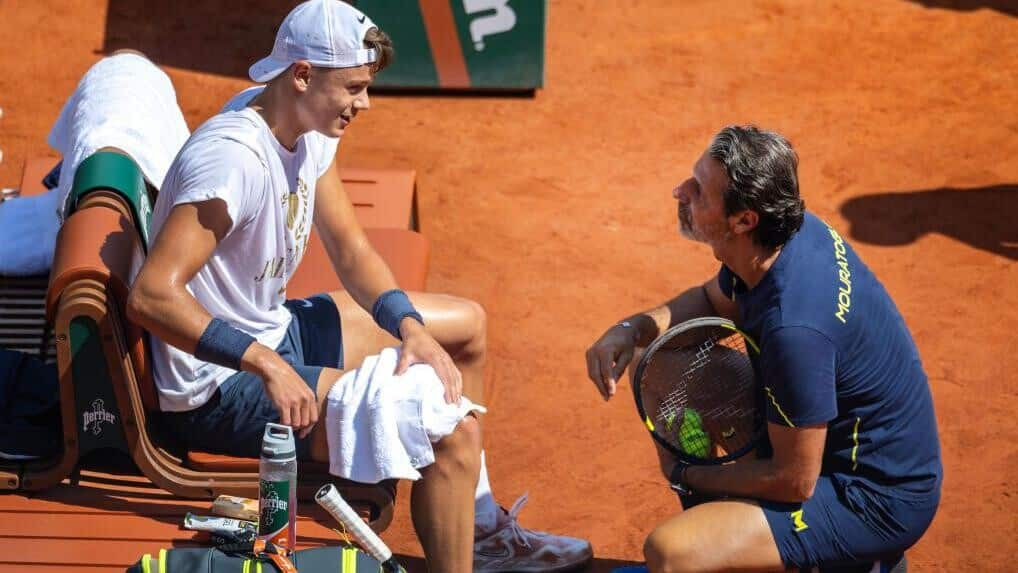
What is off-court coaching in tennis approved by ITF?
What's the story
The International Tennis Federation (ITF) recently announced that "off-court coaching" will be allowed in tennis, starting January 2025. The decision has been taken after trials on the ATP and WTA tours. The ITF believes this move will make tennis "fairer and, potentially, more entertaining." However, the rule has faced backlash from several tennis stars of late. Here's all about the new off-court coaching rule.
Guidelines
New rules for off-court coaching
The new rules permit coaches to give advice verbally or through hand gestures at any time other than when a point is being played. The coaching must be "brief and discreet," unless during breaks in play. In team events only, where a team captain is present on court, they may also provide coaching advice. Players can use approved "player analysis technology" when coaching is permitted.
Enforcement
Implementation of off-court coaching rules
The implementation of these rule changes will be up to the sanctioning body for each tournament or event. This comes after previous controversies over coaching during matches. Some players were accused of illegally receiving advice. Notably, Daniil Medvedev was involved in a heated exchange over the same in his match against Stefanos Tsitsipas at the 2022 Australian Open.
Reactions
Tennis professionals react to off-court coaching decision
ITF's decision has drawn mixed reactions from tennis professionals. Canadian star Denis Shapovalov slammed the change on social media platform X:, saying "Tennis is special because you are out there alone. Why are you trying to change the beauty of this game?" Taylor Fritz also disapproved of the move on X, saying, "Can we stop ruining the 1v1 mental/strategic aspect of the sport PLEASE."
Response
ITF's response to off-court coaching feedback
Responding to the feedback on the decision, Stuart Miller, ITF senior executive director for integrity and legal, said they had gathered feedback from all key stakeholders including players, coaches, and chair umpires. Miller added that players felt it was a positive development and makes tournaments more interesting for them while coaches have said it helps player development and improves their profession's standing.